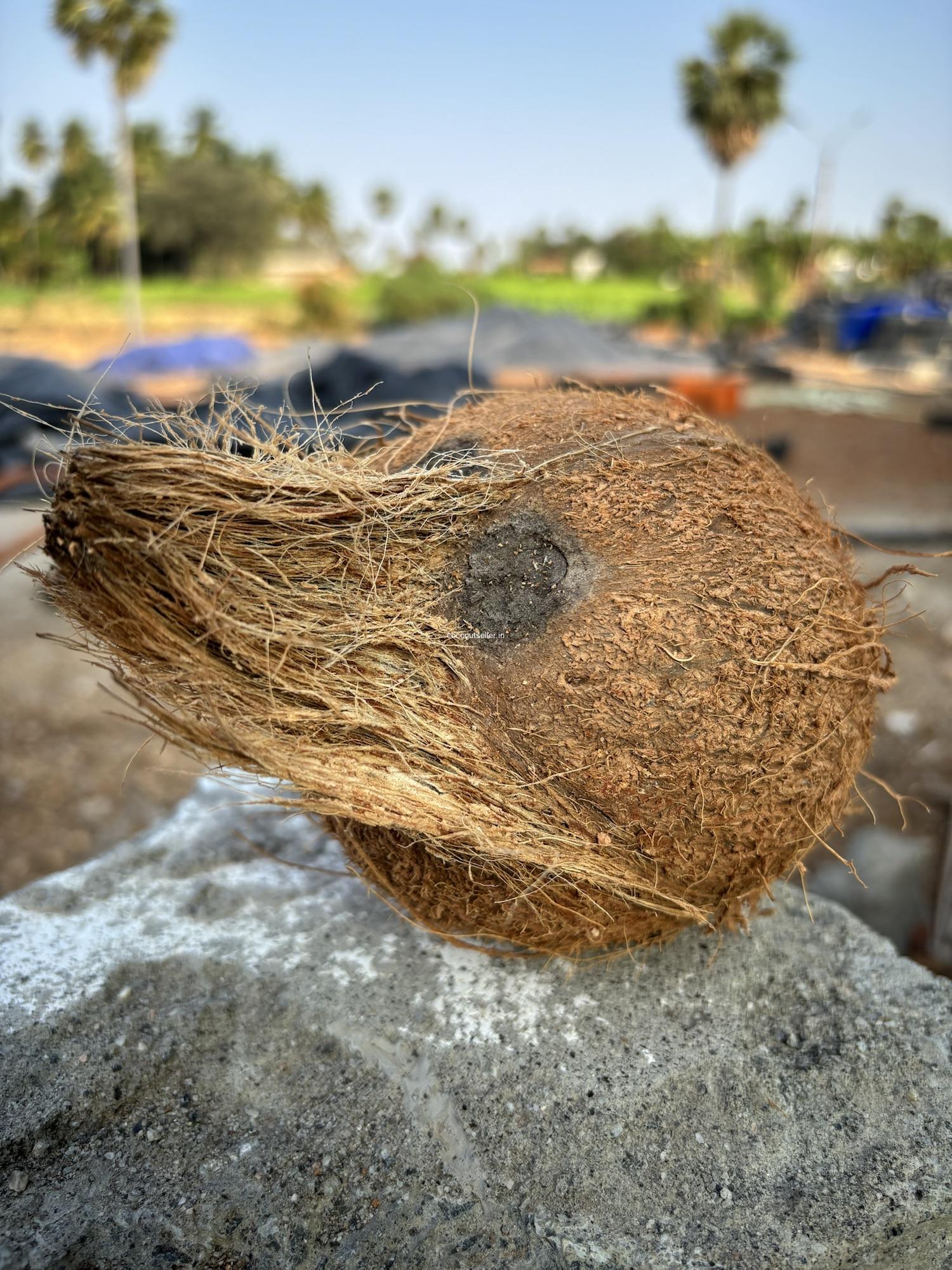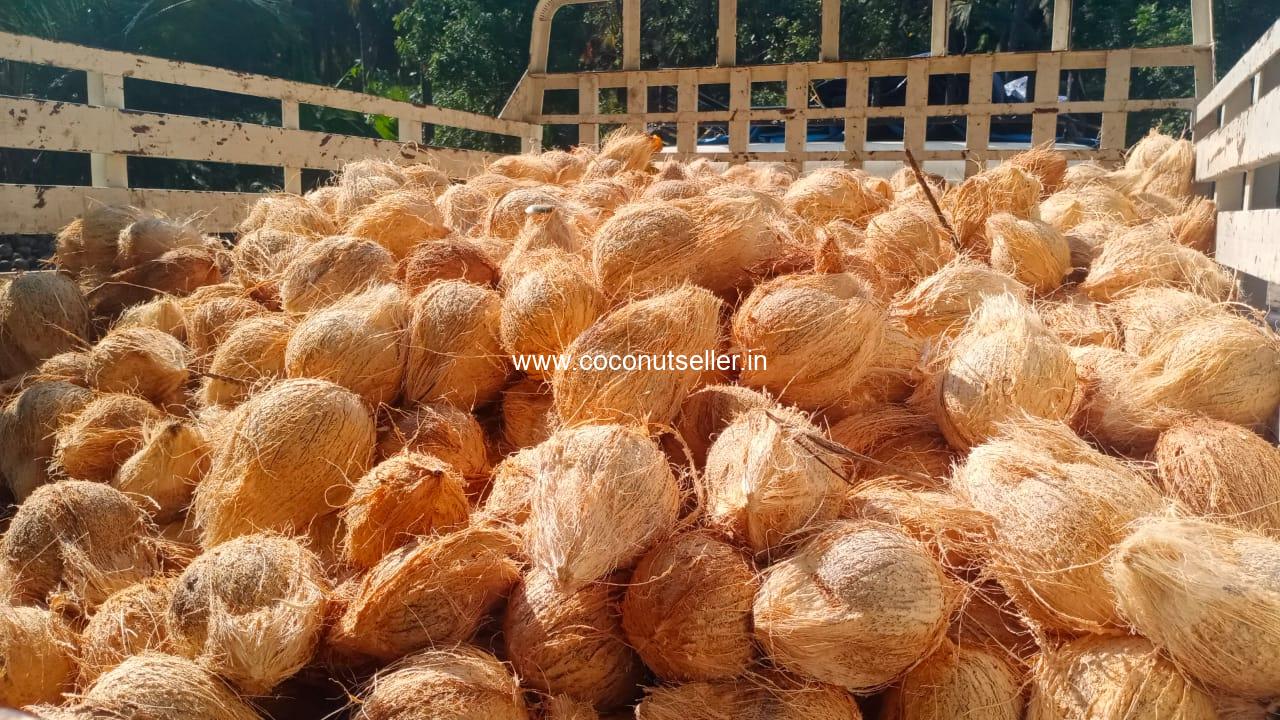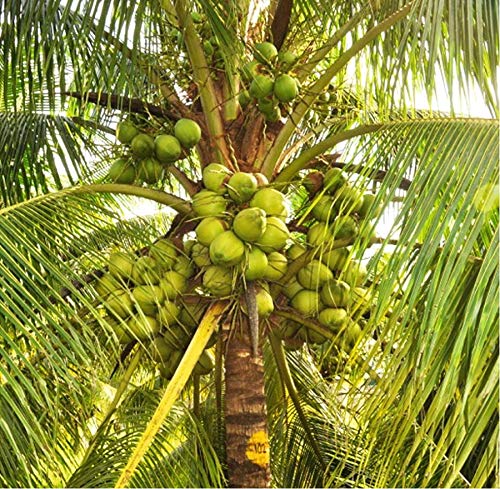
Importing fresh coconuts into the European Union (EU) involves complying with regulations set by the EU’s Directorate-General for Health and Food Safety (DG SANTE), as well as specific requirements of individual EU member states. Here are the key aspects to consider:
- Phytosanitary Requirements: Fresh coconuts imported into the EU must meet specific phytosanitary standards to prevent the introduction and spread of pests and diseases harmful to EU agriculture. These standards are set by the EU’s Plant Health Regulation (EU Regulation 2016/2031).
- Documentation: Importers typically need to obtain a phytosanitary certificate issued by the competent authority in the exporting country. This certificate confirms that the coconuts have been inspected and are free from pests and diseases according to EU standards.
- Inspection and Control: Upon arrival in the EU, shipments of fresh coconuts may be subject to inspection at the point of entry by EU customs and plant health authorities. Inspections ensure that the consignment complies with EU regulations and may involve sampling and laboratory testing if necessary.
- Import Restrictions: Some EU member states may have additional requirements or restrictions on the importation of fresh coconuts due to regional pest concerns or other factors. Importers should check specific national regulations in the destination country within the EU.
- Importer Responsibilities: Importers are responsible for ensuring that their shipments of fresh coconuts comply with all EU regulations, obtaining necessary permits and certificates, and arranging for inspections as required.
- EU Food Safety Regulations: Fresh coconuts must also comply with EU food safety regulations, including hygiene standards, labeling requirements, and maximum residue limits for pesticides and contaminants.
To facilitate the import process, importers may choose to work with customs brokers or consult with EU authorities to ensure compliance with current regulations and requirements for importing fresh coconuts into the European Union.



